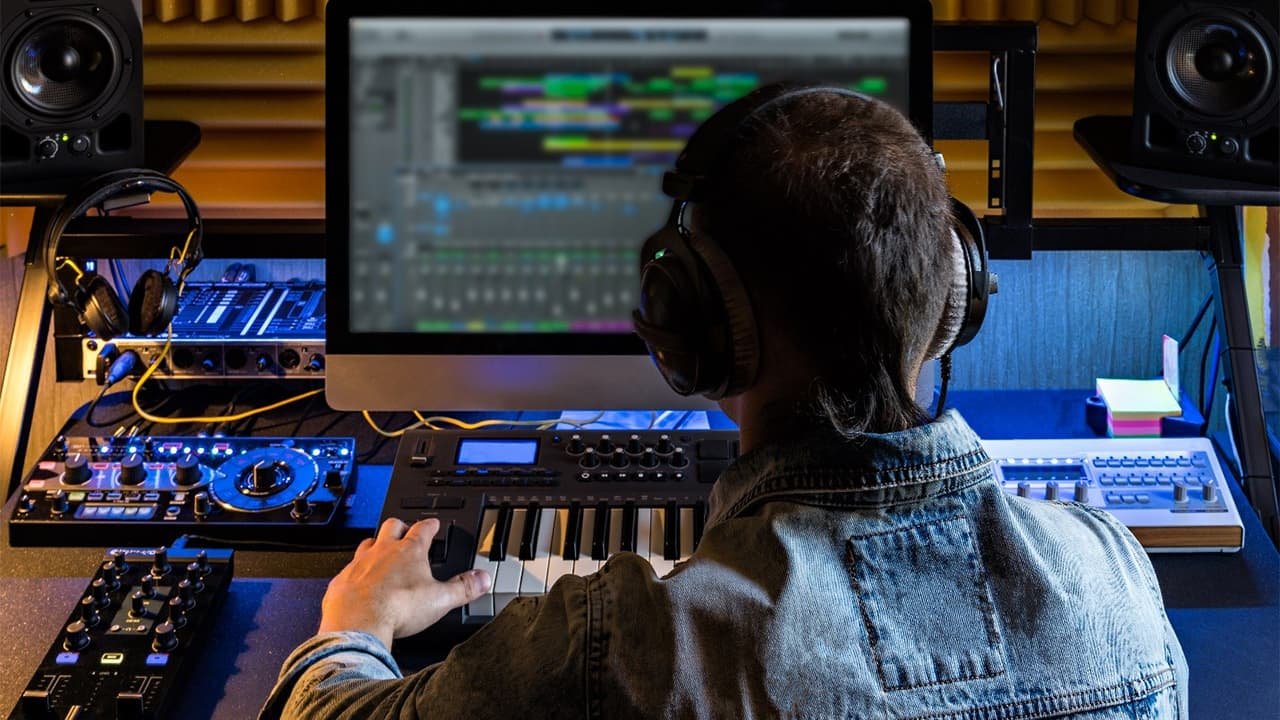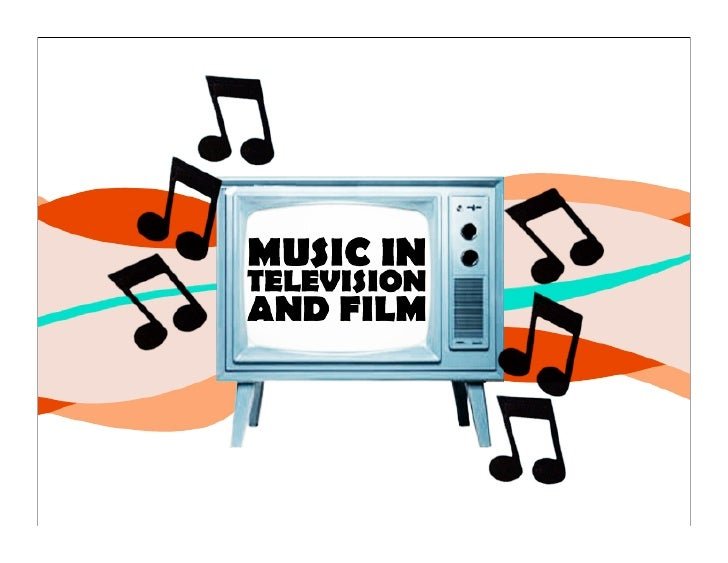Authors in the music industry often write a wide range of materials, including music biographies, memoirs, song lyrics, and even fictional stories inspired by music. To succeed in these writing endeavors, they need the right tools to streamline the creative process, enhance productivity, and refine their work. Whether you’re a musician writing your own biography or a songwriter crafting lyrics, the right writing tools can significantly improve the quality and efficiency of your work. In this article, we’ll explore the best writing tools for authors in the music industry that can help turn your creative ideas into polished, professional writing.
1. Scrivener
Scrivener is a powerful writing software often favored by authors and musicians alike for its versatility. It’s designed to help writers manage large projects, organize ideas, and structure their work.
- Key Features:
- Organize chapters, scenes, and research in a single document.
- Drag and drop sections to easily rearrange content.
- Create a digital corkboard for brainstorming song ideas or storylines.
- Track your progress and set word count goals.
- Best For: Musicians writing a memoir, autobiography, or large-scale project like a concept album.
2. Hemingway Editor
Hemingway Editor is a tool that focuses on readability, helping you simplify your writing and eliminate unnecessary words or complicated sentences. This is especially useful for songwriters who need to convey their message clearly and concisely.
- Key Features:
- Highlights complex sentences and suggests simpler alternatives.
- Provides readability scores to ensure your work is accessible.
- Identifies adverbs and passive voice, which can clutter writing.
- Best For: Songwriters who want to streamline their lyrics and ensure they’re easy to understand.
3. Grammarly
Grammarly is one of the most popular grammar and spelling checkers, widely used by authors in the music industry to ensure their writing is polished and professional.
- Key Features:
- Real-time grammar and spelling checks.
- Style and tone suggestions for different types of writing.
- Plagiarism checker to ensure your lyrics or writing are original.
- Best For: Authors, biographers, and songwriters who need help catching grammatical errors and refining their tone.
4. Evernote
Evernote is a note-taking app that allows authors to store ideas, outlines, song lyrics, and research in one place. It’s ideal for musicians who come up with song ideas or themes on the go and need a way to organize their thoughts.
- Key Features:
- Syncs across multiple devices, making it easy to access your notes anywhere.
- Allows voice memos, photos, and handwritten notes in addition to text.
- Organize notes into notebooks and add tags for easy searching.
- Best For: Songwriters and authors who need a portable, flexible solution for capturing and organizing creative ideas.

5. Final Draft
Final Draft is a scriptwriting software that can be a great asset for musicians who write music videos, musicals, or screenplays based on their music. It’s the industry standard for writing screenplays, making it perfect for musicians branching into visual storytelling.
- Key Features:
- Automatically formats scripts according to industry standards.
- Collaboration tools for working with co-writers.
- Scene navigation for easy story organization.
- Best For: Musicians and songwriters who want to write scripts for music videos, films, or other visual content.
6. Lyric Writing Software – MasterWriter
MasterWriter is specifically designed for songwriters, helping to enhance the lyric-writing process. It offers a comprehensive suite of tools to help with word choice, rhyming, and finding the right phrases.
- Key Features:
- Rhyme finder to help with creative lyric writing.
- Built-in thesaurus, phrases, and idioms for expanding lyric options.
- Song structure templates to guide your composition process.
- Best For: Songwriters looking for a tool that helps craft meaningful, impactful lyrics.
7. Trello
Trello is a popular project management tool that can be an excellent resource for organizing large writing projects. Whether you’re working on a biography, a concept album, or any other type of writing, Trello helps you keep track of tasks and deadlines.
- Key Features:
- Create boards for each project and organize them into manageable steps.
- Use lists and cards to prioritize tasks and track progress.
- Collaborate with co-writers or editors in real-time.
- Best For: Authors and lyricists managing multiple writing projects or working with a team on a music-related project.
8. ProWritingAid
ProWritingAid is a comprehensive writing assistant tool that checks for grammar, style, and readability. It’s great for authors in the music industry looking to refine their writing, whether it’s for a memoir, a music biography, or a song lyric.
- Key Features:
- Detailed reports on sentence structure, grammar, and readability.
- Consistency checker to ensure uniformity in writing.
- Style suggestions to help your writing flow smoothly.
- Best For: Authors and songwriters who want detailed feedback on their writing style and structure.
9. Airstory
Airstory is a writing tool designed for authors who struggle with getting their words onto the page. It allows you to drag and drop pre-written phrases and sentences into your work, speeding up the writing process.
- Key Features:
- Create and store reusable phrases or sentences for easy access.
- Write with a distraction-free interface.
- Focus on content and ideas rather than worrying about formatting.
- Best For: Songwriters and authors looking for a fast, efficient way to write lyrics or manuscripts.
10. Google Docs
Google Docs is an easy-to-use, collaborative word processing tool that offers cloud-based access to your documents. It’s perfect for authors and lyricists who need to share and edit documents with co-writers, editors, or collaborators.
- Key Features:
- Cloud-based, so you can access your work from any device.
- Real-time collaboration and comment tools for feedback.
- Easy formatting and version history to track changes.
- Best For: Authors and lyricists working collaboratively or needing to share drafts with others.
Conclusion
Writing for the music industry requires creativity, discipline, and the right set of tools. Whether you’re crafting an autobiography, writing song lyrics, or composing a music-themed novel, these tools will help you enhance your writing process. From simplifying grammar and formatting to organizing your projects and tracking your progress, the right software can empower you to focus on what matters most—your creativity. By integrating these tools into your workflow, you can boost productivity and ensure your writing stands out in the competitive world of music and literature.











